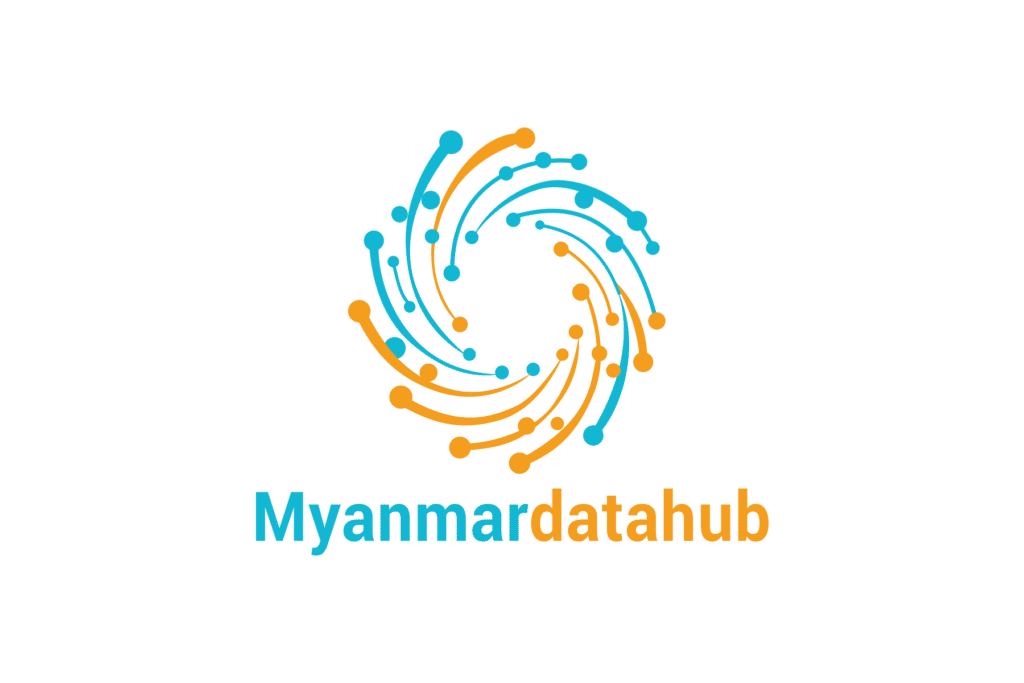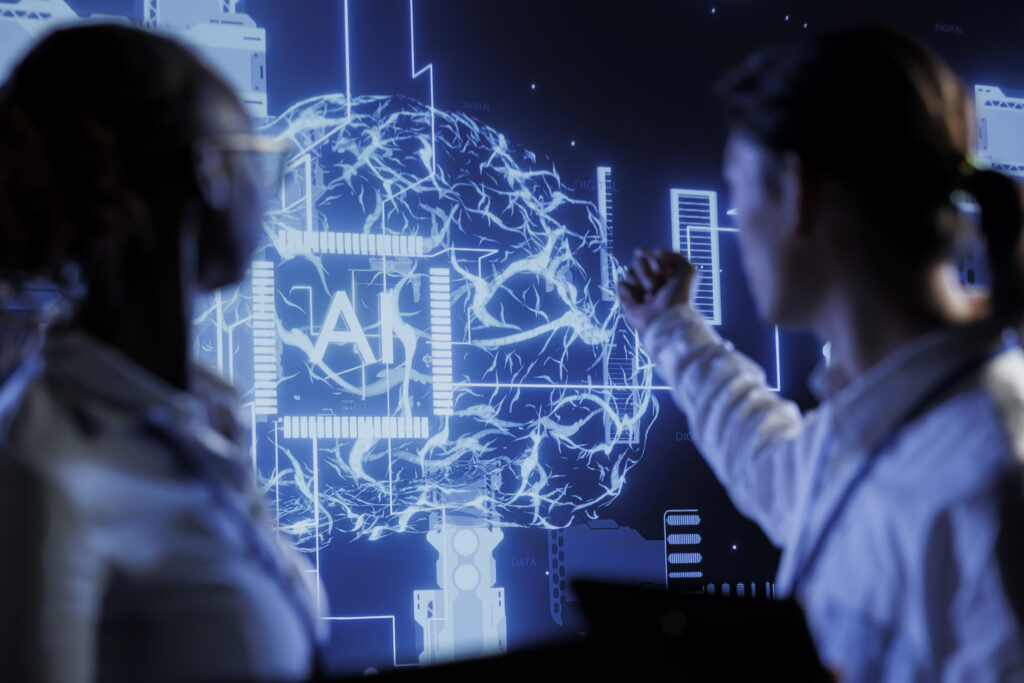Introduction
AI is only as good as the data that powers it. From self-driving cars to medical diagnosis systems, artificial intelligence relies on millions of data points to learn, adapt, and make decisions. But not all data is equal—poor-quality or mislabeled data can lead to biased, unreliable, or even harmful results.
That’s why Annotation Hub exists: to ensure AI systems are trained with high-quality, accurately labeled data.
1. What Makes Data “Good”?
High-quality data has three essential traits:
- Accuracy – The information correctly represents the real-world item or action.
- Consistency – Data is standardized across sources and formats.
- Relevance – Data matches the domain and problem the AI is solving.
For example, in healthcare AI, labeling a medical image incorrectly could misguide a diagnosis model. In education AI, poor annotation of student feedback might skew performance predictions.
2. Why Annotation Matters
Raw data alone is rarely useful. It needs to be annotated—tagged with meaningful labels—to teach AI how to recognize patterns. Examples include:
- Tagging photos of traffic lights for autonomous vehicles.
- Labeling medical scans as “healthy” or “diabetic risk.”
- Marking keywords in student essays for sentiment analysis.
Annotation Hub provides domain-specific labeling, ensuring AI models learn from accurate, human-reviewed datasets.
3. The Dangers of Bad Data
Bad data leads to:
- Bias – Skewed datasets result in unfair or inaccurate AI predictions.
- Errors – Misclassification can cause dangerous mistakes, especially in healthcare.
- Wasted Resources – Training on poor-quality data consumes time, money, and computing power without delivering results.
Annotation Hub combats this by using human-in-the-loop validation, where trained experts oversee AI-generated labels.
4. Scaling with Quality
AI projects often need millions of data points. Manual labeling alone isn’t enough. Annotation Hub combines automation + human expertise to deliver scalable annotation without compromising quality.
This ensures startups and enterprises alike can accelerate their AI projects—without risking data reliability.
5. Real Impact
- A health-tech startup trained a diabetes prediction model using Annotation Hub’s curated datasets. The result: 20% higher accuracy compared to generic datasets.
- An education platform improved student progress predictions by 30% after using properly annotated learning feedback data.
Conclusion
AI may be the brain, but data is the lifeblood. With Annotation Hub, organizations can ensure their models are powered by the highest-quality datasets, delivering accurate, fair, and reliable results.

